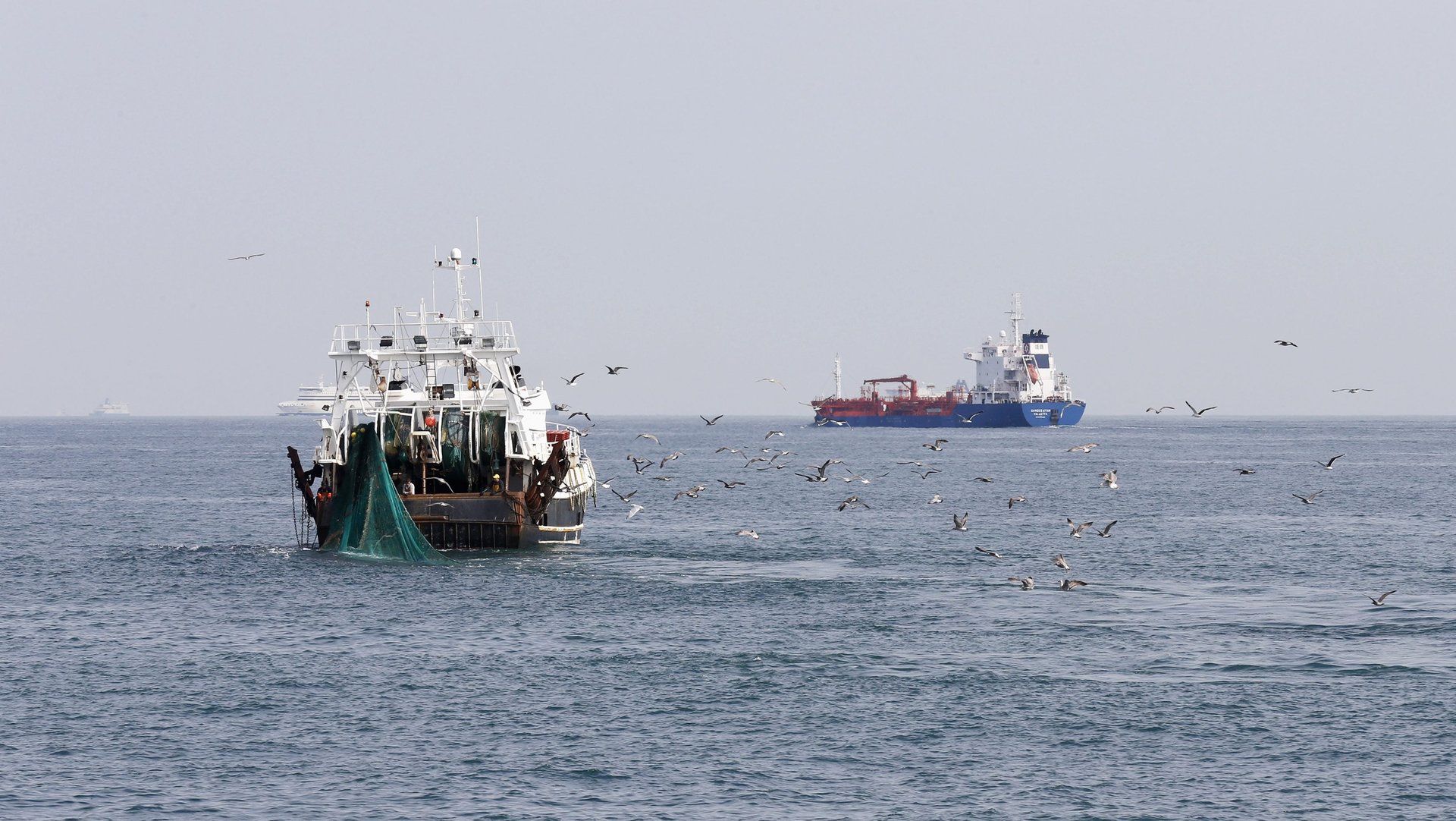A lack of big data is hampering efforts to curb illegal fishing in Africa
The lack of a comprehensive database on fishing vessels, their exact location, and if they were engaging in illicit activities is undermining the global efforts to curb illegal, unreported, and unregulated fishing, a new study says.


The lack of a comprehensive database on fishing vessels, their exact location, and if they were engaging in illicit activities is undermining the global efforts to curb illegal, unreported, and unregulated fishing, a new study says.
The lack of big data infrastructure and better cooperation mechanisms are hindering governments from tackling illegal trawling, says UK-based independent think tank Overseas Development Institute. The problem is especially severe for African nations who have limited access to enforcement capabilities and where illegal fishing annually cheats governments billions of dollars in revenue. Private initiatives tackling overfishing were limited in their scope when it comes to collecting datasets or employing remote sensing capabilities, says the study.
To better monitor their location and movements, vessels are required to be fitted with communications equipment known as vessel management systems (VMS) or automatic identification systems (AIS). Yet many ships do not install them, especially in low-income countries where these new technologies aren’t accessible, or crews switch them off to evade arrest or surveillance. And while the AIS signals can detect the geography, speed, and direction of the boats, it is still limited in identifying the gear and techniques in use, or if a boat is pillaging marine beds or depleting vulnerable species.
The lack of a unique global database of fishing vessels is also a major challenge. Vessels regularly change flags, owners, and operators, and those records are scattered in various datasets hosted by international organizations, national ship registries, and fishing licensing bodies, among others. In a review of five major initiatives tackling illegal fishing, ODI found a range of 75,000 to 779,000 vessels in operation—a far cry from the estimated 4.6 million fishing vessels operating in the world, according to the Food and Agriculture Organization.
Across the world, illegal fishing is a major problem with far-reaching environmental and socio-economic consequences. In Africa, the problem is most acute in West Africa, where the fishing industry is already facing a heavy burden from officially sanctioned foreign vessels. Besides losing an estimated $2.3 billion annually to the practice, the degradation of fisheries is contributing to food insecurity, as well as undermining livelihoods and local economies. Illegal fishing also contributed to the rise of piracy in Somalia between 2009 and 2012.
Illegal fleets also use various strategies to undertake IUU, including deploying flags of convenience, private authorizations, and secret fisheries agreements. Last year, conservation advocacy Oceana recorded 19 European Union-flagged vessels that illegally fished for almost 32,000 hours in African waters for three years.
ODI says that increasing the transparency of the fisheries data, publicly exposing illegal activities, and enhancing inter-governmental collaboration could help raise public awareness and mobilize political pressure. Increasing access to big data will also improve fisheries governance and support governments’ long-term criminal investigations and real-time monitoring and enforcement.